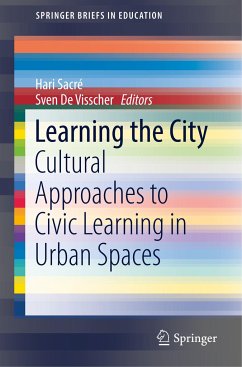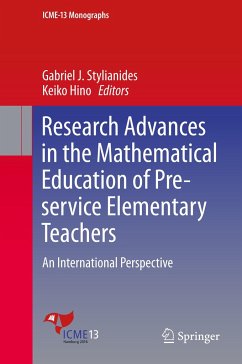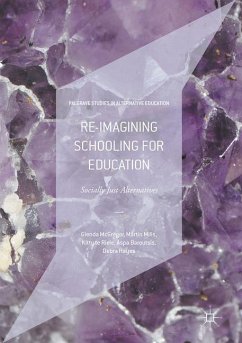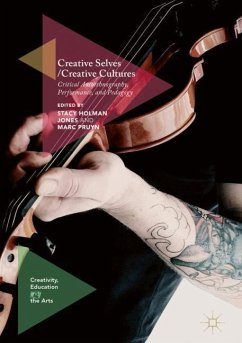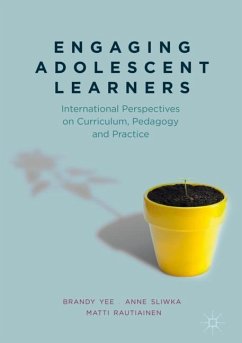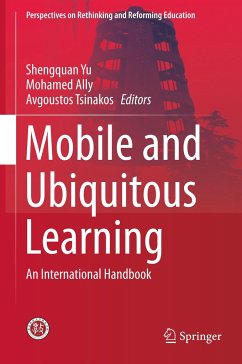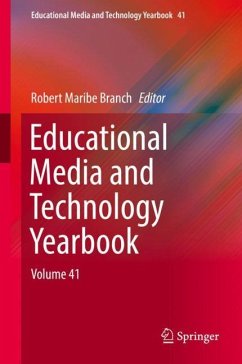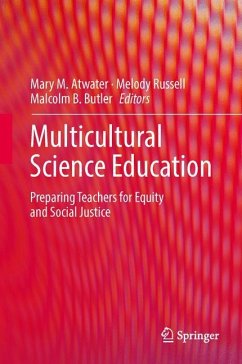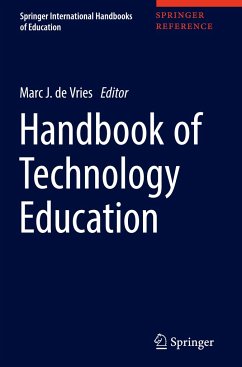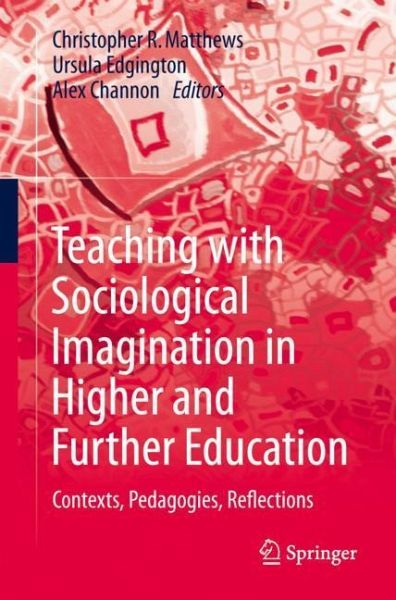
Teaching with Sociological Imagination in Higher and Further Education
Contexts, Pedagogies, Reflections
Herausgegeben: Matthews, Christopher R.; Edgington, Ursula; Channon, Alex

PAYBACK Punkte
19 °P sammeln!
This book uses research and personal stories from university lecturers to explore pedagogical strategies that illuminate how students' minds can be 'switched on' in order to unlock their extraordinary potential. It presents diverse ways to create inspiring learning environments, in chapters written by internationally respected experts in the broad field of the social sciences.Each author illustrates how - through their unique teaching philosophies and practices - they seek to enhance students' experiences and promote their critical thinking, learning and development. The respective chapters pr...
This book uses research and personal stories from university lecturers to explore pedagogical strategies that illuminate how students' minds can be 'switched on' in order to unlock their extraordinary potential. It presents diverse ways to create inspiring learning environments, in chapters written by internationally respected experts in the broad field of the social sciences.
Each author illustrates how - through their unique teaching philosophies and practices - they seek to enhance students' experiences and promote their critical thinking, learning and development. The respective chapters provide conceptual arguments, personal insights and practical examples from a broad range of classrooms, demonstrating various ways in which students' sociological imagination can be brought to life.
As such, the book is both practical and theoretical, and is primarily aimed at educators working in both higher and further education institutions who wish to develop their understanding of classroom pedagogy as well as gain practical ideas for teaching and learning in the social sciences.
Each author illustrates how - through their unique teaching philosophies and practices - they seek to enhance students' experiences and promote their critical thinking, learning and development. The respective chapters provide conceptual arguments, personal insights and practical examples from a broad range of classrooms, demonstrating various ways in which students' sociological imagination can be brought to life.
As such, the book is both practical and theoretical, and is primarily aimed at educators working in both higher and further education institutions who wish to develop their understanding of classroom pedagogy as well as gain practical ideas for teaching and learning in the social sciences.





